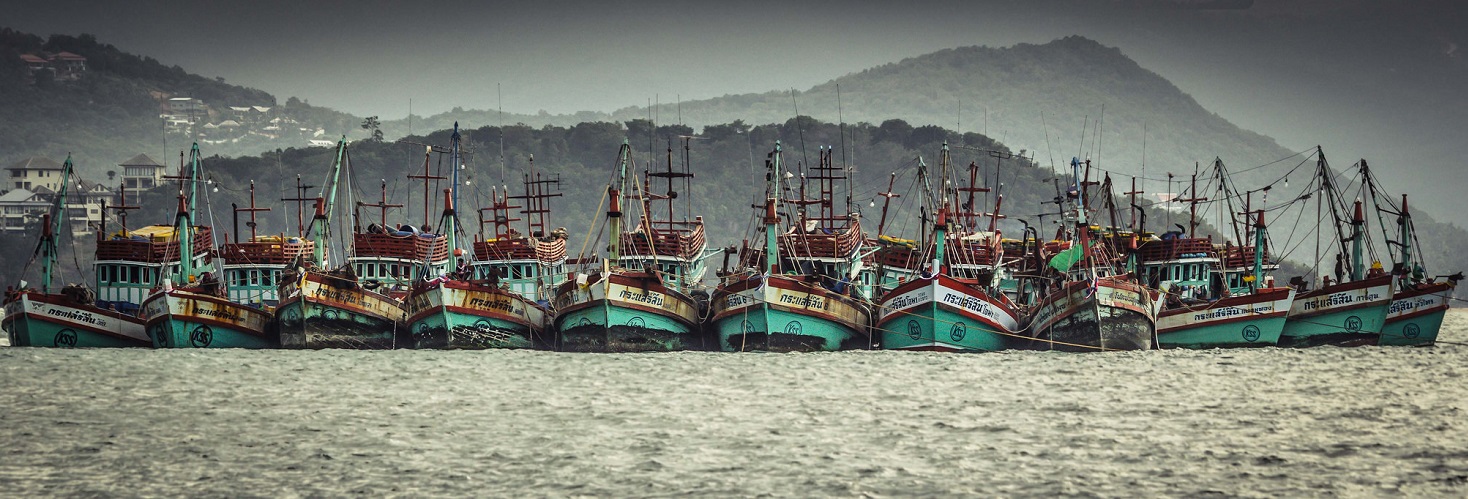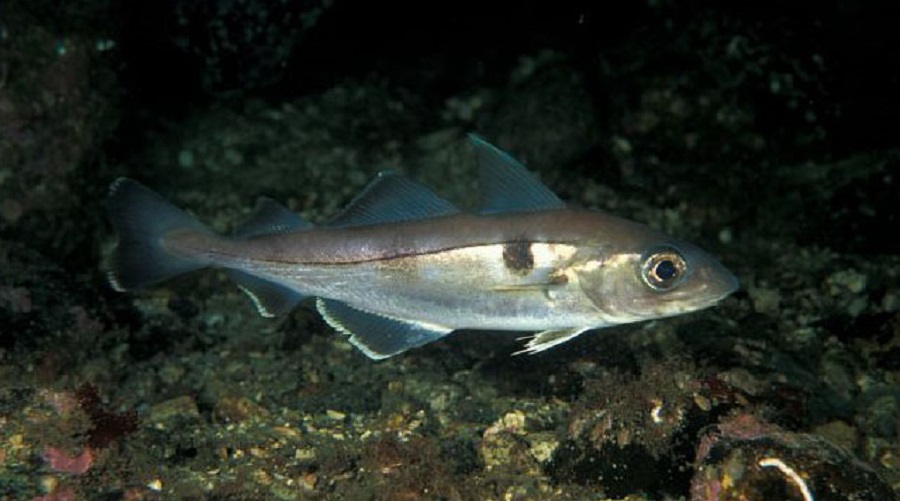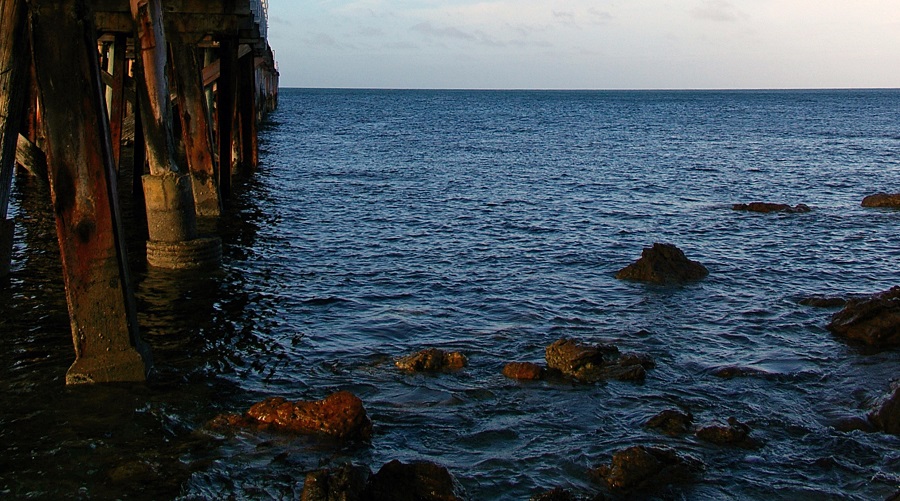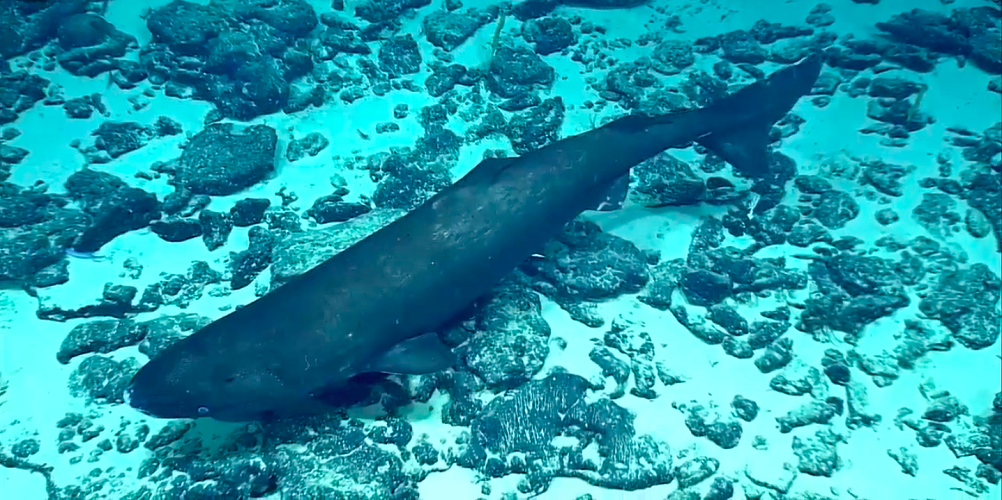
Fishing boats huddling together waiting for a storm to pass. Koh Samui Island,Thailand. Photo by Chris Bird, Flickr.
Fish catches by Thailand’s distant-water fleet fishing throughout the Indo-Pacific are almost seven times higher than what the country reports to the Food and Agriculture Organization of the United Nations, a new study by the Sea Around Us reveals.
In 2014 alone, the Asian country caught 3.7 million tonnes of fish outside its Exclusive Economic Zone but reported only 247,000 tonnes. This figure, although substantial, represents a decline from peak numbers reached in the mid-1990s when the more relaxed rules of Thailand’s neighbours allowed for massive catches of over 7 million tonnes per year. Back then, as much as 80 per cent of the catch was unreported and much of it likely obtained illegally, the study reveals.
Continue reading →








